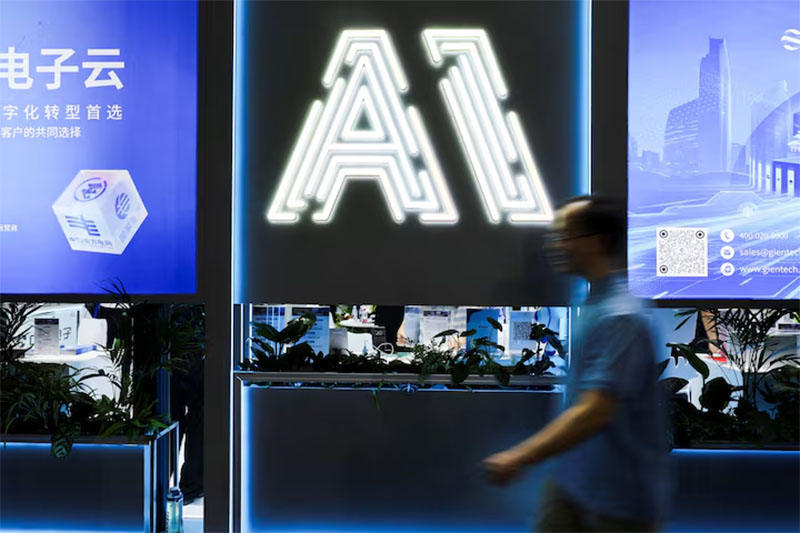China’s artificial intelligence sector has launched two new industry alliances to strengthen its domestic ecosystem and reduce dependence on foreign technology. The move comes as Chinese firms face U.S. export controls on advanced Nvidia chipsets. The alliances were announced during the World Artificial Intelligence Conference (WAIC) in Shanghai, which ran for three days and concluded on Monday. The event also featured new AI products, including Huawei’s high-performance computing system and consumer-friendly digital glasses.
The Model-Chip Ecosystem Innovation Alliance brings together Chinese developers of large language models (LLMs) and AI chip manufacturers. According to Zhao Lidong, CEO of chipmaker Enflame, the alliance creates a complete technology chain—from chips to AI models to infrastructure. Major participants include Huawei, Biren, and Moore Threads, all of which have been affected by U.S. sanctions. A second group, the Shanghai General Chamber of Commerce AI Committee, aims to integrate AI technology with industrial transformation, featuring companies like SenseTime, MiniMax, and Metax.
One of the most notable reveals at the conference was Huawei’s CloudMatrix 384, a computing system that outperforms Nvidia’s GB200 in some benchmarks. According to U.S. research firm SemiAnalysis, Huawei’s design leverages multiple chips and system-level innovations to compensate for individual chip limitations. Meanwhile, at least six other Chinese firms showcased clustered chip technology, including Metax’s AI supernode with 128 C550 chips for large-scale data centers.
Beyond hardware, Chinese tech giants introduced futuristic AI applications. Tencent launched its Hunyuan3D World Model 1.0, enabling users to generate interactive 3D worlds via text or images. Baidu showcased its next-gen “digital human” tech, which clones human voices and gestures from just 10 minutes of footage. Alibaba also joined the innovation wave, announcing AI-powered glasses with voice-activated navigation and payments, set for release in late 2025. With these advancements, China is pushing forward in the global AI race—despite geopolitical hurdles.














